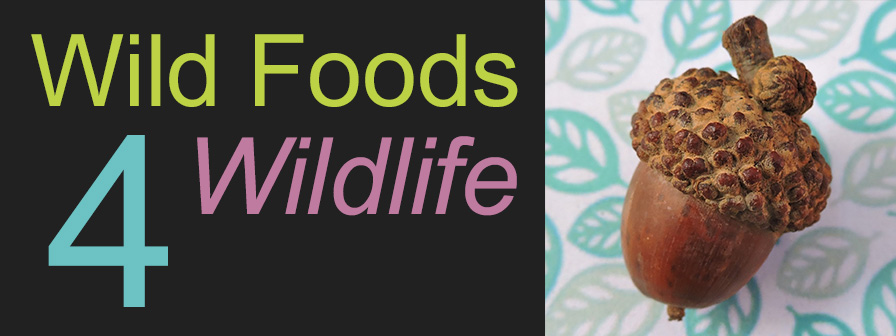Foraging and ethics
There are wise, ethical guidelines to wild foraging. Remember, when you forage, you are essentially helping yourself to the pantry and fridge of your neighbors—the wildlife—that live in that home. Ethical gathering of wild foods assures that the plant communities will have enough stock left in place to thrive and reproduce, and that the local animals who rely on those food sources will not have their larders plundered.
Don’t be greedy. Follow the “rule of thirds”. It’s a good ethic to forage no more than 1/3 of any plant that is available; that could be 1/3 of the plants at a certain locale, or 1/3 of the berries of an individual tree or plant. Never harvest endangered or threatened species. Over-harvesting is already negatively affecting some of our wild plants species; a good example being ginseng. Never harvest from nature preserves or conservation areas that are protecting wildlife and wild plant life.
Be gentle. When gathering, do as little damage as possible to the plants you are gathering as well as the surrounding flora and fauna. Don’t rip at plants or trample other plants around the one you want. Be a gentle forager on the landscape.
Be a good neighbor. In addition to being a polite guest to your wild neighbors’ homes, make sure you are a good to your human neighbors. Ask permission before foraging on private land. Leave the area better than you found it.
Contain Seeds of Non-Native Plants. As you learn plants, make sure to learn which plants are non-natives to your area, and which of these are the worst for the ecosystem. Make sure to minimize spreading seeds of non-native plants by either:
- having a plan on how to handle the cage cleanouts of fecal material that will contain the seeds post digestion or
- not collecting non-native plants to begin with
Avoid foods laden with toxins. In today’s world, a wise forager must always think about potential hidden pollutants on plants. Roadsides and railroad beds should nearly always be avoided as there are many chemicals, herbicides and exhaust fumes that coat the plants around these areas with heavy metals and toxins. Car exhaust can invisibly coat roadside plants up to 30-50 feet away and may not be able to be washed clean of all residues. Right-of-ways and agricultural fields also are often subjected to a lot of chemical application. Already compromised birds or mammals or the developing young will not benefit from poisoned food.
Wash greens and fruits. Even plants collected away from roads may need washing, especially greens at ground level, as they may have been urinated or defecated on by other animals. It is a good idea to rinse food when possible using a commercial produce cleaner or vinegar solution if possible, or at least give it a swish bath in clean water.
